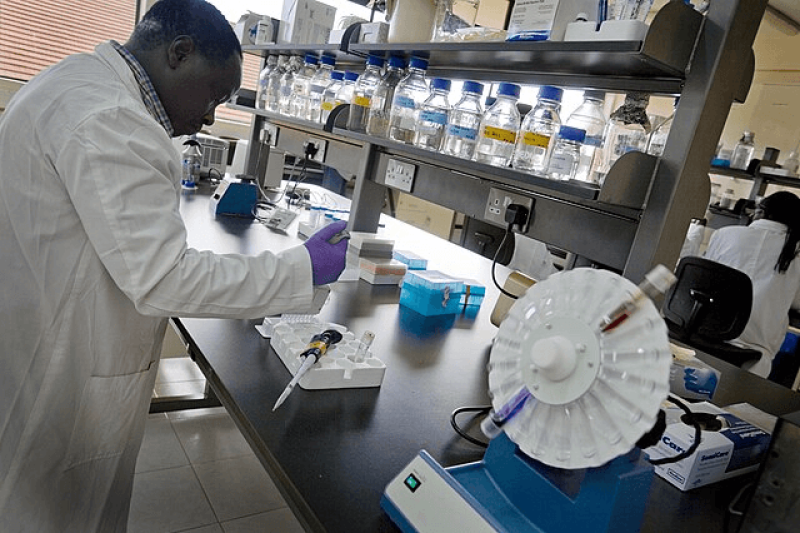As certain African nations have legalised genetically modified organisms (GMOs), primarily for food and crops, others like Rwanda have introduced bills to explore the benefits of modern agricultural biotechnology. The New Times’ Emmanuel Ntirenganya interviewed Vitumbiko Chinoko, the manager of the Open Forum on Agricultural Biotechnology in Africa (OFAB) Project to discuss the current state of GMO adoption on the continent, its potential, and the concerns surrounding it.
Follow the latest news and policy debates on sustainable agriculture, biomedicine, and other ‘disruptive’ innovations. Subscribe to our newsletter.
So, my strategic response to that is to let our governments enable researchers to come up with these technologies in-country because when we do that, we substantively reduce the cost element.































